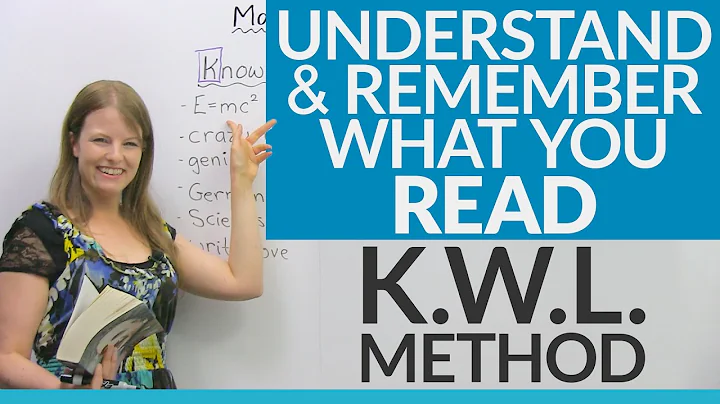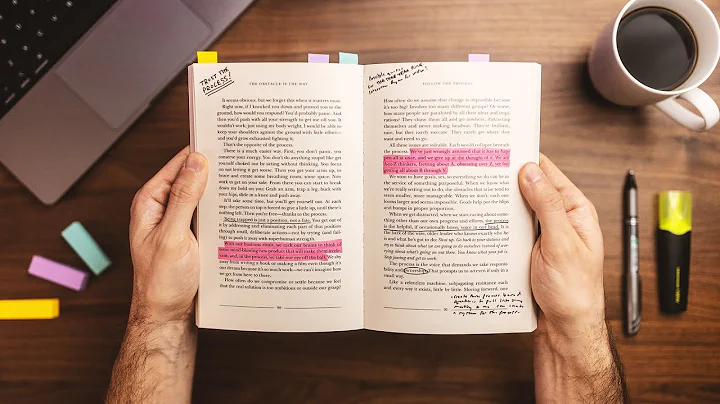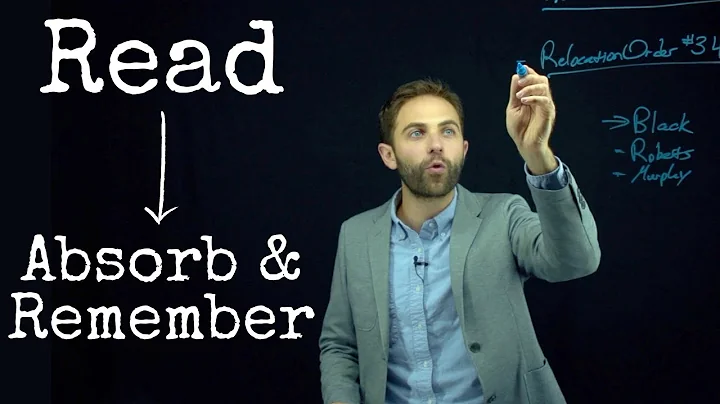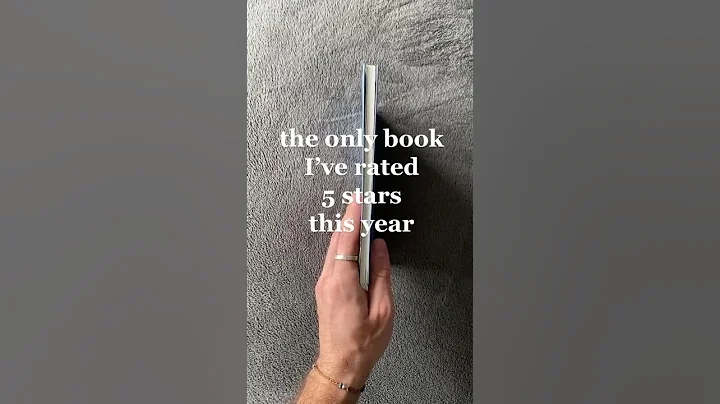Many people have this question: "Why can't I live a good life despite reading a lot of books?"
Cheng Jia, the author of " learn well" answered this way: "The reason why I have read a lot of books but not What is gained? The main reason is that most people fall into the "trap of low-level diligence."
The so-called "trap of low-level diligence" is that when reading, they only excerpt famous quotes and highlight the key points, without thinking about the content of the book. And summary, there is no internalization of knowledge, and the effort and gain are disproportionate.
If you want to quickly improve your learning level, be sure to read the book "Study Well" by Teacher Cheng Jia.
I started reading this book at the beginning of the epidemic in 2020. After two years, I really felt the magic of this book:
this book made me develop the habit of writing a reflective diary every day;
this book The book made me understand what review is and completely changed my life; the book
allowed me to start building my own knowledge system (the most influential); the book
made me no longer drowsy when reading. , but fall in love with reading from the bottom of my heart;
The following are 3 points in the book that I want to share with you today. If you are interested, you can take a look.
For the same book, some people can read the effect of participating in a training worth several thousand yuan; while for some people, there is no essential difference between reading it and not reading it.
1.What is knowledge?
Teacher Cheng Jia’s definition is: Only information that can change your actions is knowledge.
If you read an article, nod your head, and go about your life as usual, then this article is just a piece of information.
Only after you read an article and understand a point of view, you are inspired to improve the way you think about problems or do things, this information is knowledge.
In other words, an important criterion for measuring the effectiveness of your learning is: after learning, whether your ideas and methods for solving problems have changed.
" Zhihu " article, if you don't read it, it is just some data; and when you read the content, it becomes information; but only if you know how to change your actions, information can Become your knowledge.
The author of "Cognitive Awakening" Zhou Ling, because he read Cheng Jia's "Study Well", he understood the importance of daily reflection and began to practice it seriously. He also opened a public account called "Clear Brain" ".
insists on writing more than 1,000 daily reflection articles. By constantly examining his life status and goals, he realizes the benefits of writing and falls in love with writing.
When real masters read books, they will formulate the next step and really implement it.
Caitong teacher also said: Only when can finally be used in real-life learning, is it the only effective way to learn .
Sure enough, the underlying logic of learning knowledge is the same.

2. Why do you study hard but have no effect?
Teacher Cheng Jia said: Most of us have never been able to improve our learning level because we fell into the trap of chasing technical efficiency: the harder we work and the faster we run, the more new knowledge we have to learn.
And this puts us into the "rat track" of learning.
I first saw the term "rat track" in the book " Rich Dad Poor Dad ":
Rich dad said: Most people never think about what they work for. They go to work, earn wages, balance their income and expenses, and that's it. They don't understand why they are always short of money, so they think that making more money will solve the problem. Almost no one realizes that a lack of financial education is the key to the problem.
The same goes for learning. Many people pursue the number and speed of reading books. After finishing one book, they immediately start reading the next one.
The result is that when I read the same book a few days ago, it feels like I have never read it before.
Nowadays, everyone is always very impetuous and wants to do everything quickly. There are rumors everywhere on the Internet: "Learn PHOTOSHOP in seven days" and "Become a writing master in one week."
Real learning requires patience, and it is important to lay a solid foundation first.
Navarre said it well: Based on the original works and classics, you can gain a sufficiently complete worldview and profound understanding, and you will no longer be afraid of any books.
If you want to improve yourself through reading, you should first study books related to reading methods. Only by mastering good reading methods can you get twice the result with half the effort.
This is why some people can read the same book and see the effect of taking a course worth thousands of dollars; while some people can’t tell much difference after reading it and not reading it.
Mere diligence is not enough, but efficient diligence is required. Efficiency is the most important thing. How to use one hour of time to get three hours of effect?
There are some people in this world who, once successful in a certain field, can succeed in almost every field.
because they all have their own learning system.

3. In an era where massive amounts of information are easily accessible, what should we do?
Teacher Cheng Jia summarized China's social development in the past 30 years and the three stages involved in improving cognitive levels:
The first stage: The quantity of knowledge builds cognitive advantages
This stage is probably from the 1990s to around 2000 . At this stage, the market shifted from planned economy to market economy .
In this process, the importance of knowledge in business competition has become increasingly prominent.
At this time, college students were very popular talents. The representative event was the vigorous development of various consulting companies, advertising companies and other knowledge-intensive industries at this stage.
The second stage: The speed of knowledge acquisition builds cognitive advantages
Starting in 2000 and continuing almost to the present, the rapid development of the domestic Internet has broken the boundaries of the scope of knowledge acquisition. Professional knowledge that was spread in a few circles in the past can now be very conveniently acquired by us.
Therefore, the advantage built by the quantity of knowledge is dismantled;
On the contrary, obtaining the latest knowledge at a faster speed becomes a new source of competitive advantage.
The third stage: knowledge depth builds cognitive advantages
With the development of the mobile Internet and the development of technologies such as TED, Yiyan.com, and intelligent webpage translation, the speed at which new foreign ideas are introduced into the country has greatly increased.
Major media are vying to get first-hand information on and . Fast speed is just the most basic operation.
In the pursuit of speed, many products and content may become more and more homogeneous, and the pursuit of hot spots and outlets will become increasingly intensive, but they lack depth.
In the end, the only ones that can stand out are those with insightful and in-depth content and products.

4. What knowledge is worth learning?
Teacher Cheng Jia recommends that everyone learn more "critical knowledge". So what is critical knowledge?
Critical knowledge is actually a summary of the underlying laws of things.
For us ordinary people, how do we find the critical knowledge that suits us? Teacher Cheng Jia’s suggestion is:
1. Start with the areas that interest you.
Read classic books in this field to find the most important principles and knowledge.
is interested in any field, whether it is marketing, planning, consulting, finance, law, trade, etc.
2. Find the principles and sources of the most important knowledge.
For example, many people have heard of the 10,000-hour rule of and . Don't practice it directly, but think about the source of this idea. If you search carefully, you will find that the conclusion comes from psychologists' research on violinists.
Knowing the original source, you will have a clearer understanding of the possible scope of application and possible limitations of this conclusion.
Before starting to read, I recommend that you read books about reading methods and re-examine your own learning methods, which is much more effective than blindly pursuing the number of readings.
As Navarre said: Only by mastering the basic knowledge of can you not be afraid of any books.

wrote to the end
There is a sentence in "When You Learn to Be Alone": "A person's growth basically benefits from the books he reads."
In the Internet age, various apps are competing for our attention. It is a luxury to have time to read.
You watched a Douyin video and thought you learned knowledge, but in fact you probably learned nothing. Learned.
Because of these fragmented knowledge, there are very few connections between them.
I can find everything if I open the search engine
. Check again and again, you will always be able to get something, and you will always be empty-handed.
The more channels we have to acquire knowledge, the more we need to return to reading.
Because the content of books is more systematic, the brain is more inclined to systematic knowledge.
I will share it here today. , if it is helpful to you, click "Looking" to share it with your friends ❤️
.




















